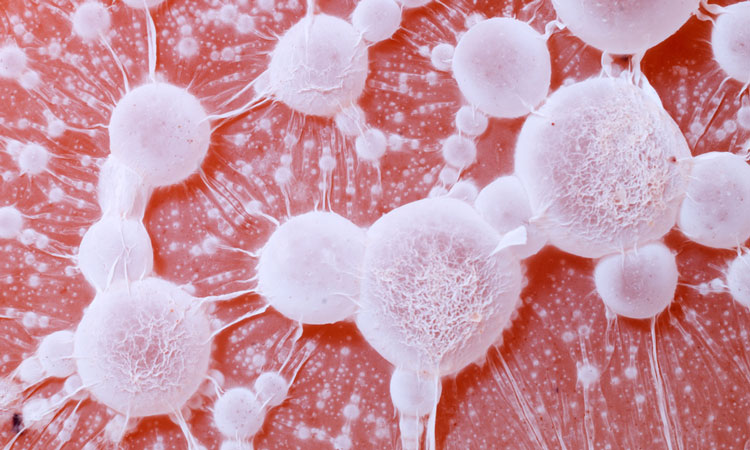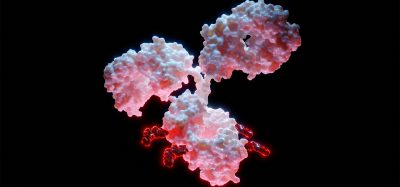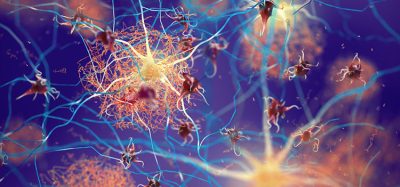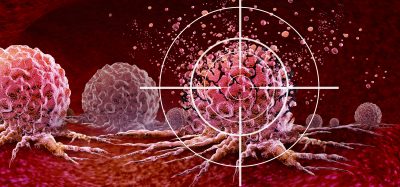Pushing the immune system to eat cancer
Posted: 23 January 2019 | Iqra Farooq (Drug Target Review) | No comments yet
Researchers have found a way to activate macrophages that have been forced to help cancer grow and spread around the body…


Researchers have managed to find a way to fuel macrophages with the energy needed to attack and eat cancer cells.
Macrophages are immune cells that engulf foreign objects and destroy them, and as such are supposed to ‘serve and protect’. However, cancer has managed to find a way around them. It is known that macrophages are able to support the growth of cancer, and its spread around the body, or inhibit its action. Tumours are also able to express a signal called CD47, which is able to lull macrophages into a deep sleep, preventing them from ‘eating’.
Scientists at the Abramson Cancer Center at the University of Pennsylvania found that rewiring the metabolism of the macrophage could overcome this signal, acting like an alarm clock, rousing and preparing the cells for ‘work’.
In cancer, macrophages are the most prominent immune cells but are often coaxed by the cancer to help it grow and spread. The researchers mentioned how blocking inhibitory signals like CD47 is not always sufficient enough to convince the macrophages to attack the cancer.
Dr Gregory L. Beatty, an Assistant Professor of Hematology-Oncology at Penn’s Perelman School of Medicine said: “It turns out macrophages need to be primed before they can go to work, which explains why solid tumors may resist treatment with CD47 inhibitors alone.”
The team activated the macrophages with CpG – a receptor that can send the initial signal, and found that this rapidly induced tumour shrinkage, prolonging the survival of the mice – even without the use of T-cells.
They also found that these activated macrophages were able to eat cancer cells even in the presence of high levels of CD47.
“Cancer does not shrink without the help of macrophages and macrophages need the right fuel to eat cancer cells and shrink tumors,” Dr Jason Mingen Liu, the study’s lead author said. “To do this, a shift in metabolism is needed to steer the energy in the right direction. It is the metabolism that ultimately allows macrophages to override signals telling them not to do their job.”
The study was published in the journal Nature Immunology.
Related topics
Disease Research, Drug Discovery, Oncology, Research & Development
Related organisations
Perelman School of Medicine
Related people
Dr Jason Mingen Liu, Dr Gregory L. Beatty








